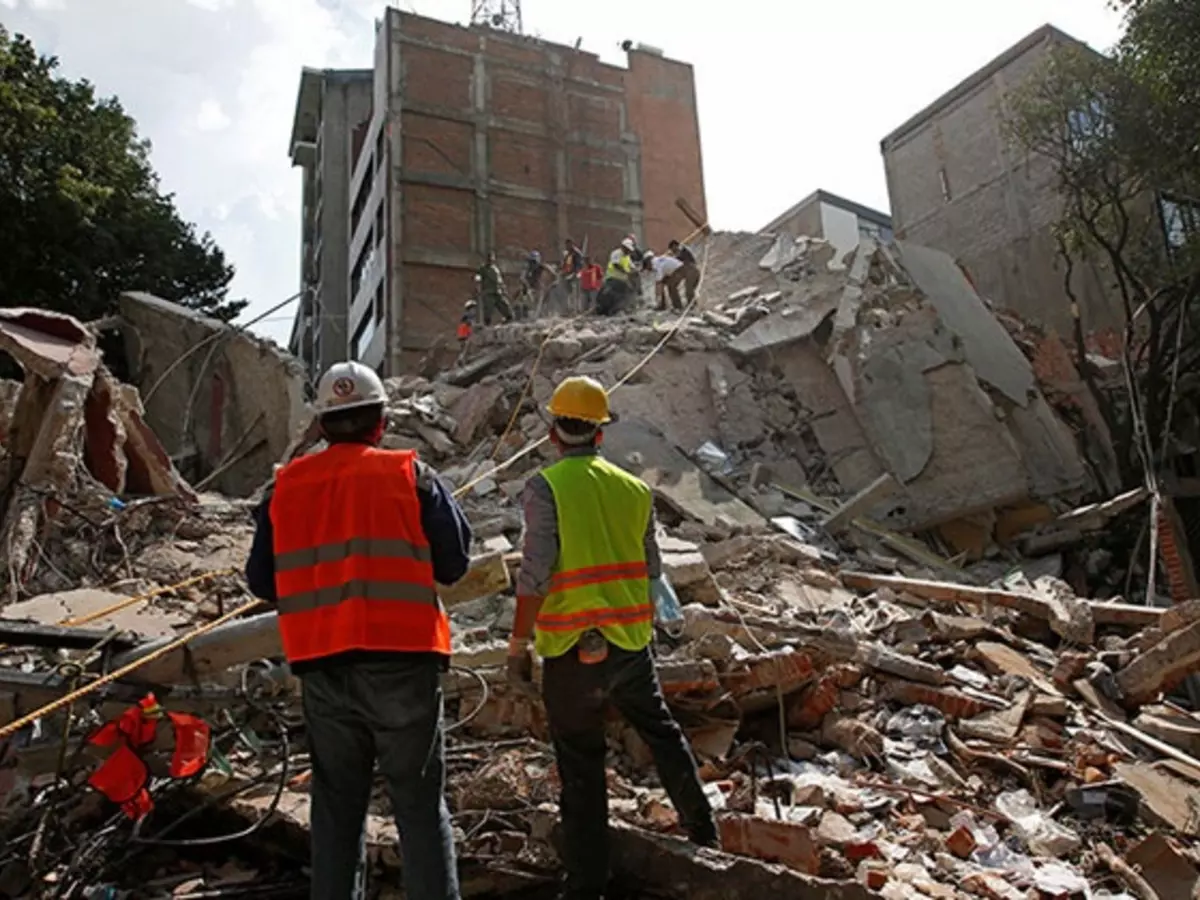Earth's Speed Of Rotation Is Slowing Down, And This May Lead To Massive Earthquakes In 2018
Changes in the planet's rotation are messing with its magnetic field, which could mean bad news for countries with not enough earthquake precautions.

Once in a while, the Earth¡¯s rotation actually slows down by a few milliseconds in the day. Of course, you wouldn¡¯t ever feel it, and it wouldn¡¯t affect your life or schedule in any way. However, that may be about to change in a big way.
You see, scientists are predicting that this slowdown is about to make your commute to work a lot harder next year. On account of the massive earthquakes it¡¯s going to cause, that is.

Reuters
Two geologists, Roger Bilham of the University of Colorado and Rebecca Bendick of the University of Montana, have been studying every earthquake in the world since 1900 that recorded more than 7.0 on the Moment Magnitude scale, a more accurate way of measuring earthquakes. They found that there was an increase in the number of such earthquakes approximately every 32 years. The only common factor here, is that it strongly correlated with the Earth¡¯s rotation slowing down five years prior to the uptick.
While that might sound like hogwash there¡¯s actually scientific evidence that this theory could prove true. It¡¯s already a known fact that the Earth¡¯s rotation can slow down and speed up in decade-long periods. That fractional movement can actually disrupt the Earth¡¯s internals, the scientists say.
See, the Earth is made of solid iron and nickel in the inner core, with liquid iron and nickel in the outer core. Then there¡¯s the mantle, which lies just under the thin solid crust. And while the mantle is technically a semi-solid, it behaves like thick liquid when looked at in the long periods measured by geological time. Basically, Bilham and Bendick believe that once in a while, the mantle sticks to the crust a little more, which causes the liquid flow within the mantle to change, which then affects the planet¡¯s magnetic field. This slows down the Earth¡¯s rotation by milliseconds and changes the length of our day.

REUTERS
This causes a sort of magnetic ripple in the Earth¡¯s field, as well as possibly a mismatch in the flow of the mantle and the movement of Earth¡¯s crust. The geologists believe this is what causes the increase in deadly earthquakes during this time.
Because of this, the two believe that, since the Earth¡¯s rotation has been slowing the past four years, we should see a ¡°significant increase¡± in the numbers of severe earthquakes next year. Instead of 15-20 large earthquakes on average, we might even see 25 to 30 in 2018.
Unfortunately, there¡¯s no easy way of telling where these quakes may occur. And with a magnitude of 7.0, they can cause utter devastation in a ill-prepared country.
